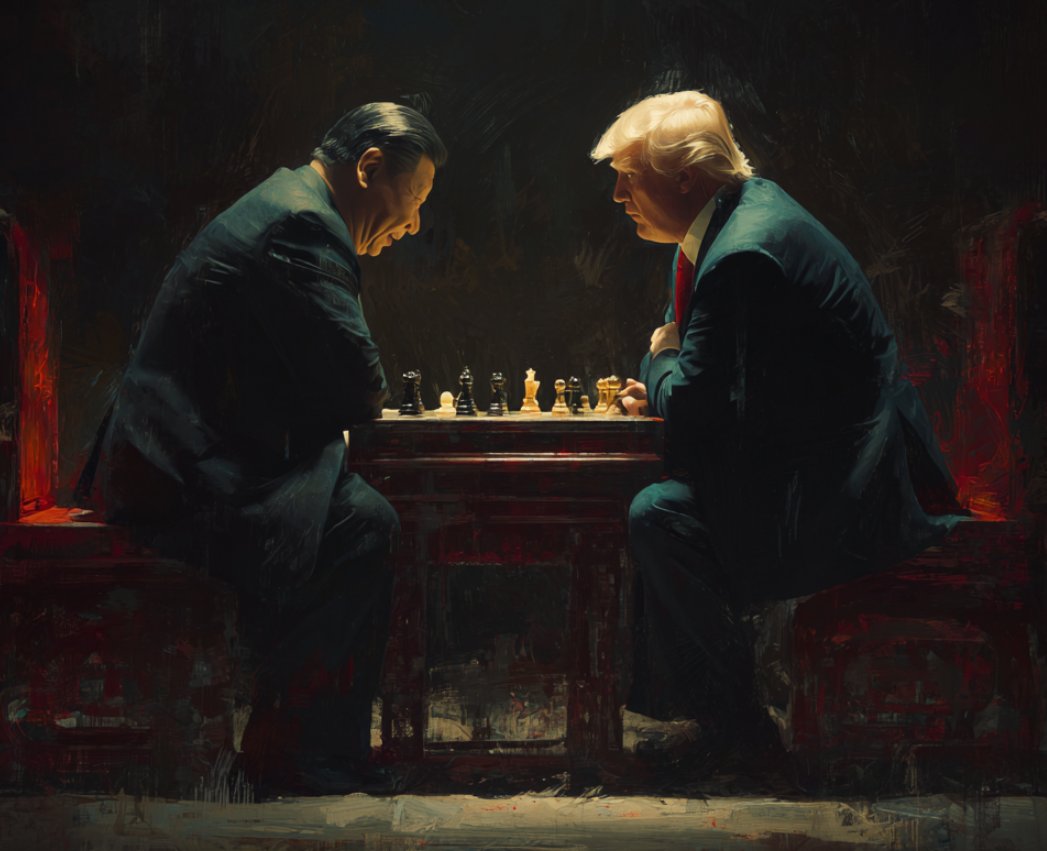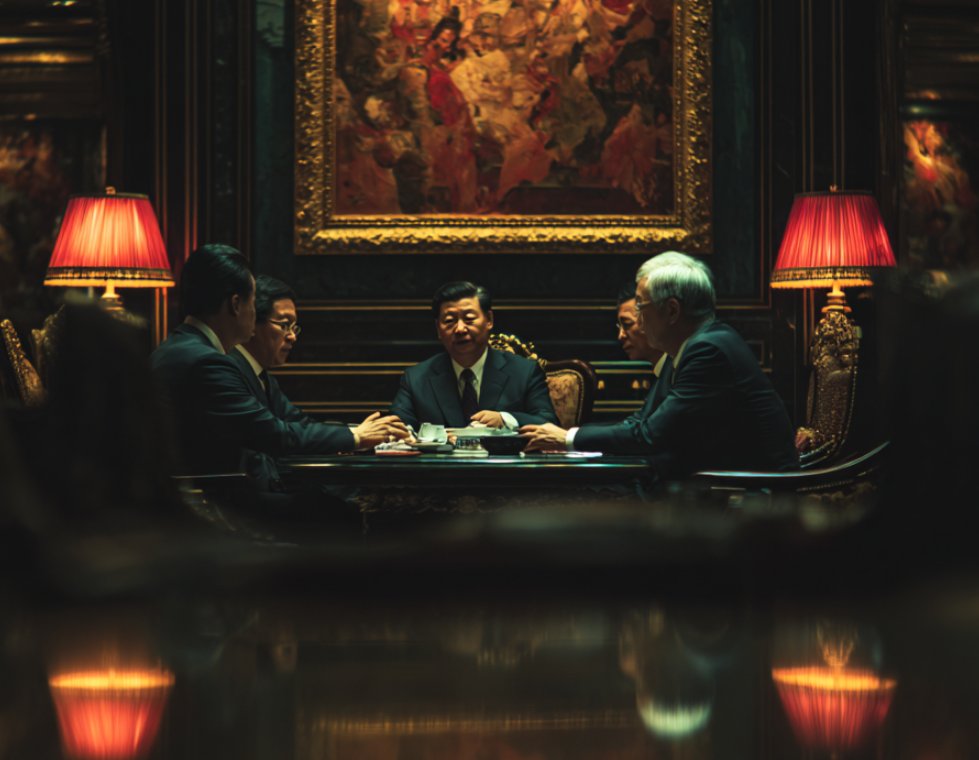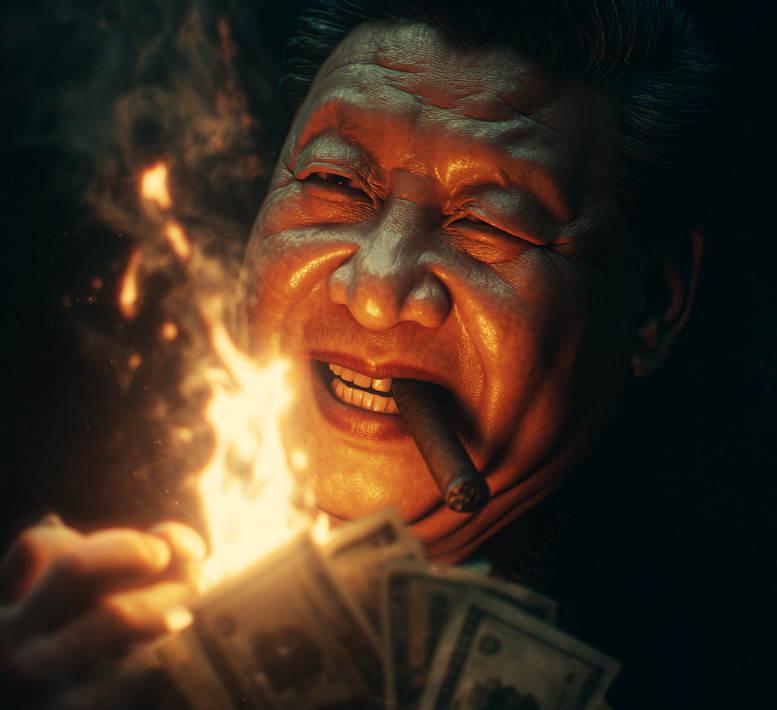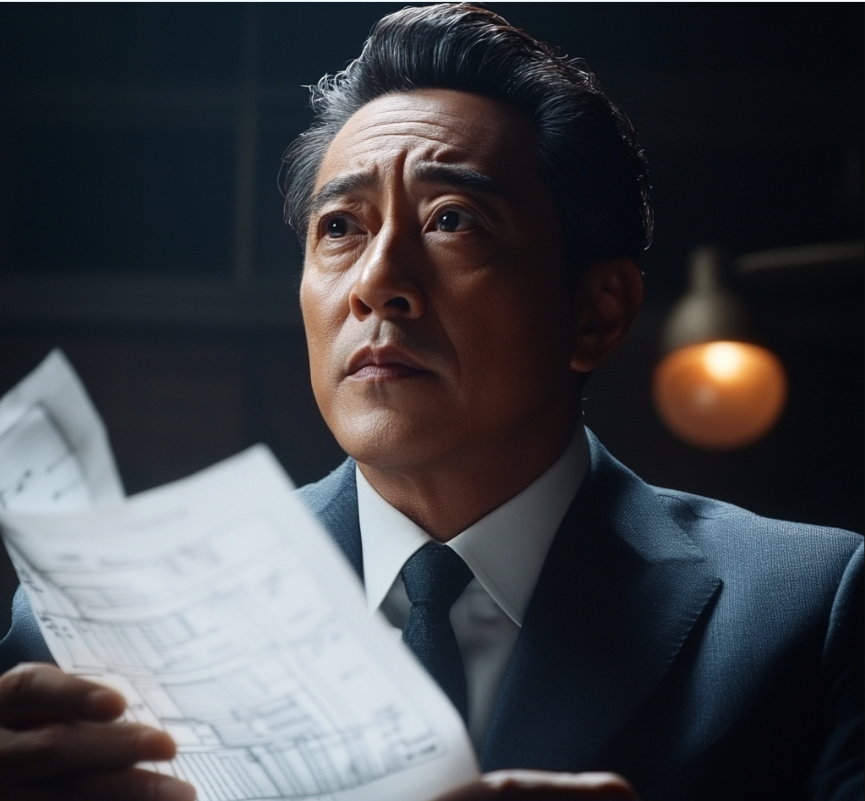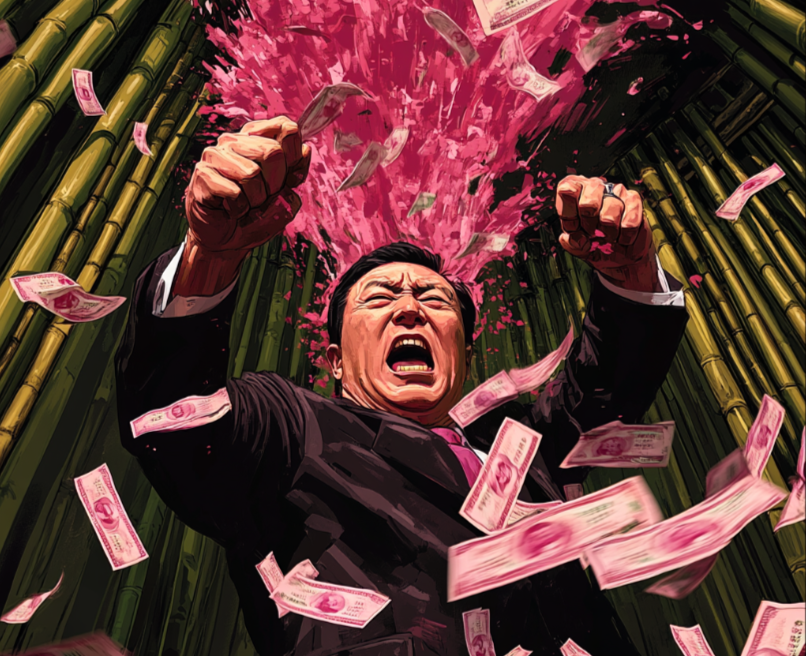1/11 China’s war against deflation means cracking down on market competition
Western economies have waged a hard-fought battle against inflation since the Covid pandemic.
China has faced the opposite problem, however, with Beijing instead fighting deflationary pressure (🧵):
Western economies have waged a hard-fought battle against inflation since the Covid pandemic.
China has faced the opposite problem, however, with Beijing instead fighting deflationary pressure (🧵):

2/11
China’s June CPI remained in slight deflation for the first half at -0.1% YoY, while PPI deflation stood at a heavy -2.8%.
PPI for June fell further into deflation, hitting -3.6% YoY for its lowest point since the start of the year, and its 33rd month of negative growth.
China’s June CPI remained in slight deflation for the first half at -0.1% YoY, while PPI deflation stood at a heavy -2.8%.
PPI for June fell further into deflation, hitting -3.6% YoY for its lowest point since the start of the year, and its 33rd month of negative growth.
3/11
Fu Yifu (付一夫) from the Xingtu Financial Research Institute expects the Communist Party to use a crack down on “involuted competition” (反内卷) (competition involving price cutting and excess capacity) to get to grips with Chinese deflation in the second half.
Fu Yifu (付一夫) from the Xingtu Financial Research Institute expects the Communist Party to use a crack down on “involuted competition” (反内卷) (competition involving price cutting and excess capacity) to get to grips with Chinese deflation in the second half.
4/11
“Driving a rational restoration in prices has already become a critical mission,” Fu writes.
“Ongoing weak prices have already become one of the most important contradictions in the Chinese economy.”
“Driving a rational restoration in prices has already become a critical mission,” Fu writes.
“Ongoing weak prices have already become one of the most important contradictions in the Chinese economy.”
5/11
“For this reason,China’s top leadership has made repeated moves with respect to involuted competition.”
“For this reason,China’s top leadership has made repeated moves with respect to involuted competition.”
6/11
Fu says Beijing recently signalled the launch of a new “anti-involution campaign.”
On 1 July, the Central Financial and Economic Work Conference called for “lawfully dealing with disorderly, low price competition, and driving the orderly withdrawal of backwards capacity.”
Fu says Beijing recently signalled the launch of a new “anti-involution campaign.”
On 1 July, the Central Financial and Economic Work Conference called for “lawfully dealing with disorderly, low price competition, and driving the orderly withdrawal of backwards capacity.”
7/11
Since then, Chinese government authorities launched successive anti-involution policies targeting the EV, solar PV, lithium battery and food delivery sectors.
Since then, Chinese government authorities launched successive anti-involution policies targeting the EV, solar PV, lithium battery and food delivery sectors.
8/11
Fu writes that involuted competition involves enterprises mainly excessive reliance on price wars to obtain market resources and market share, instead of improvements to product quality and service levels.
Fu writes that involuted competition involves enterprises mainly excessive reliance on price wars to obtain market resources and market share, instead of improvements to product quality and service levels.
9/11
“Not only is this bad for gains to industrial efficiency, it can even severely squeeze out cash flow and profitability, and constrain the willingness of enterprises to engage in R&D and innovation,” Fu writes.
“Not only is this bad for gains to industrial efficiency, it can even severely squeeze out cash flow and profitability, and constrain the willingness of enterprises to engage in R&D and innovation,” Fu writes.
10/11
For this reason, the Communist Party’s top decision-makers are expected to elevate their “anti-involution” campaign to a “new strategic height,” and engage in greater industrial policy guidance in the second half.
For this reason, the Communist Party’s top decision-makers are expected to elevate their “anti-involution” campaign to a “new strategic height,” and engage in greater industrial policy guidance in the second half.
11/11
Source: “付一夫:中央政治局会议的几大看点”
China Banking News is a premium provider of critical intelligence on China’s economic system to the world’s leading hedge fund manager, global macro investors and central bank officials. Get smarter on China’s economy by signing up for free updates: .chinabankingnews.com
Source: “付一夫:中央政治局会议的几大看点”
China Banking News is a premium provider of critical intelligence on China’s economic system to the world’s leading hedge fund manager, global macro investors and central bank officials. Get smarter on China’s economy by signing up for free updates: .chinabankingnews.com
• • •
Missing some Tweet in this thread? You can try to
force a refresh


